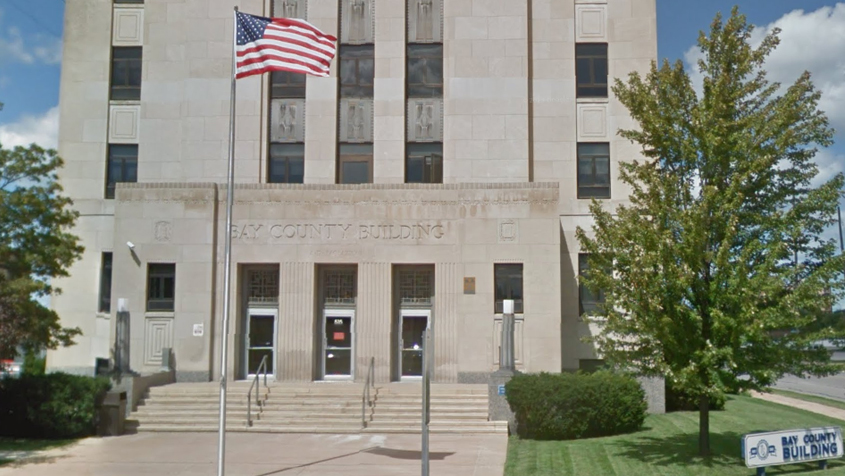With modernization, most organizations are transitioning to the digital age. Nowadays more and more entities including libraries, museums, business organisations, universities, and schools are converting their archives from physical to digital form. Increased ease of access and preservation are the major driving factors behind electronic conversion or digitization. Considering documents that should be necessarily preserved for posterity via accurate electronic data entry, property deeds are an important example.

In any state or county, property records are important documents that outline hundreds of thousands of property transactions that may have occurred over the years. Title records list ownership, liens, encumbrances and other real estate interests. These documents include deeds and mortgages, tax records, marriage records, probate records and judgments that may affect the title of a property. Important in establishing clear ownership of a property, title records provide notice of any interests/encumbrances involving 3rd parties. Usually, before purchasing a property, the title records are carefully searched and studied to determine ownership. To ensure longevity of these records, the best alternative is digitization, a service that is provided by data entry companies using advanced scanning equipment and the necessary software systems.
Digitization at Bay County Register of Deeds Office
In Michigan, Bay County Register of Deeds Office is in the process of digitizing thousands of property transaction documents into digital format. A considerable amount of money is being spent to digitize around 500 books packed with property records. The effort is to preserve the records and facilitate access to historic property documents. According to the Register of Deeds, digitizing is an important undertaking that keeps the integrity of the county’s property records and it also tells the history of Bay County. All documents are scanned in colour. This project is a good example of the great possibilities offered by advanced imaging technology such as that a good data entry company may use. The technology used “allows the documents to look as good as the day they were signed.” In addition, the scanner’s technology is so intuitive that it can capture a flat, crisp image irrespective of the curve or condition of the book’s binding. This digital archive project is expected to be of 3-5 year duration during which all records will be back indexed by parcel number and property description (owner’s name or the actual address.)
The county office has 158 years worth documents and once the project is completed, a search process that once took 10 – 15 minutes to even more than an hour could be completed just at the click of a mouse.
It is estimated that they would need more than 250,000 individual scans to digitize all of the county’s property records. The scanned documents serve as multiple backup that are stored safely in physical form or in portable hardware. While digitizing, the officials found many interesting documents such as the original deed for the Bay City State Recreation Area and Bay City’s First Presbyterian Church. At present, the county has backed up all its property records on microfilm. The images of each property record are sent on a CD to a third party company that converts them into microfilm. However, since microfilm is rather outdated now, the officials want to digitize the entire collection.
Brandon Krause, Bay County Register of Deeds is taking all efforts possible to equip his office for the digital age. He has implemented the e- filing system that allows office employees to receive any type of data quickly and is also currently working with new software updates that can make automation of indexing more efficient. The new software update would reduce indexing time into half.
The Data Entry Challenge
A mammoth project such as this involves huge costs in terms of machine, manpower and money. Other challenges include:
- The monotony of the job
- Amount of time required to complete the project
- Deteriorating conditions of the original documents/records
- Lack of expertise of workers
- The difficult-to-read, cursive handwriting one may find on historic records
When funding is readily available, digitization projects are completed much more quickly. Organizations that want to go the digital way but do not want to invest in scanning equipment, trained technicians and other necessities can utilize outsourced data entry services. They can efficiently handle large volumes of documents and also ensure careful handling of old and fragile documents. Many providers offer customized packages and affordable pricing that you may find beneficial.



